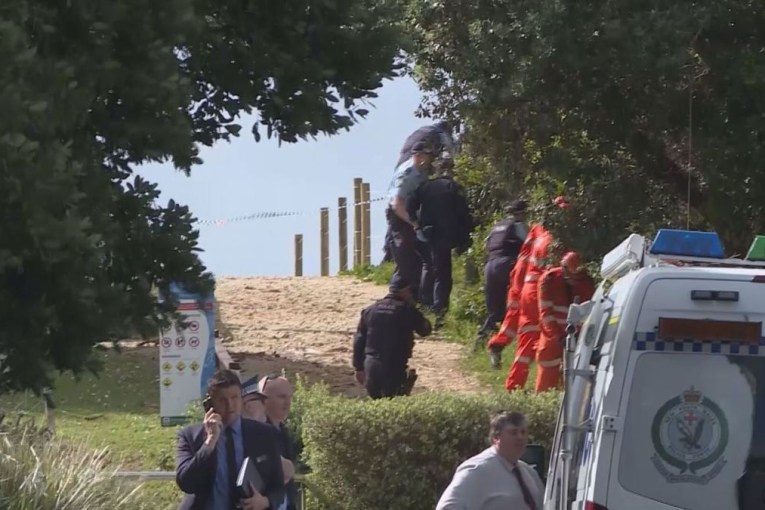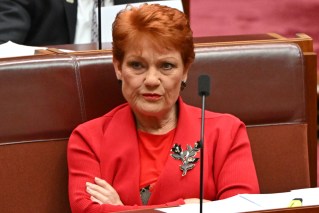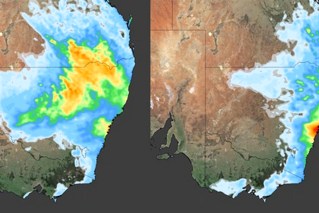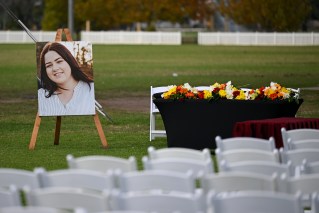Doubt over pulling lever on ex-MP who ‘sold out their country’
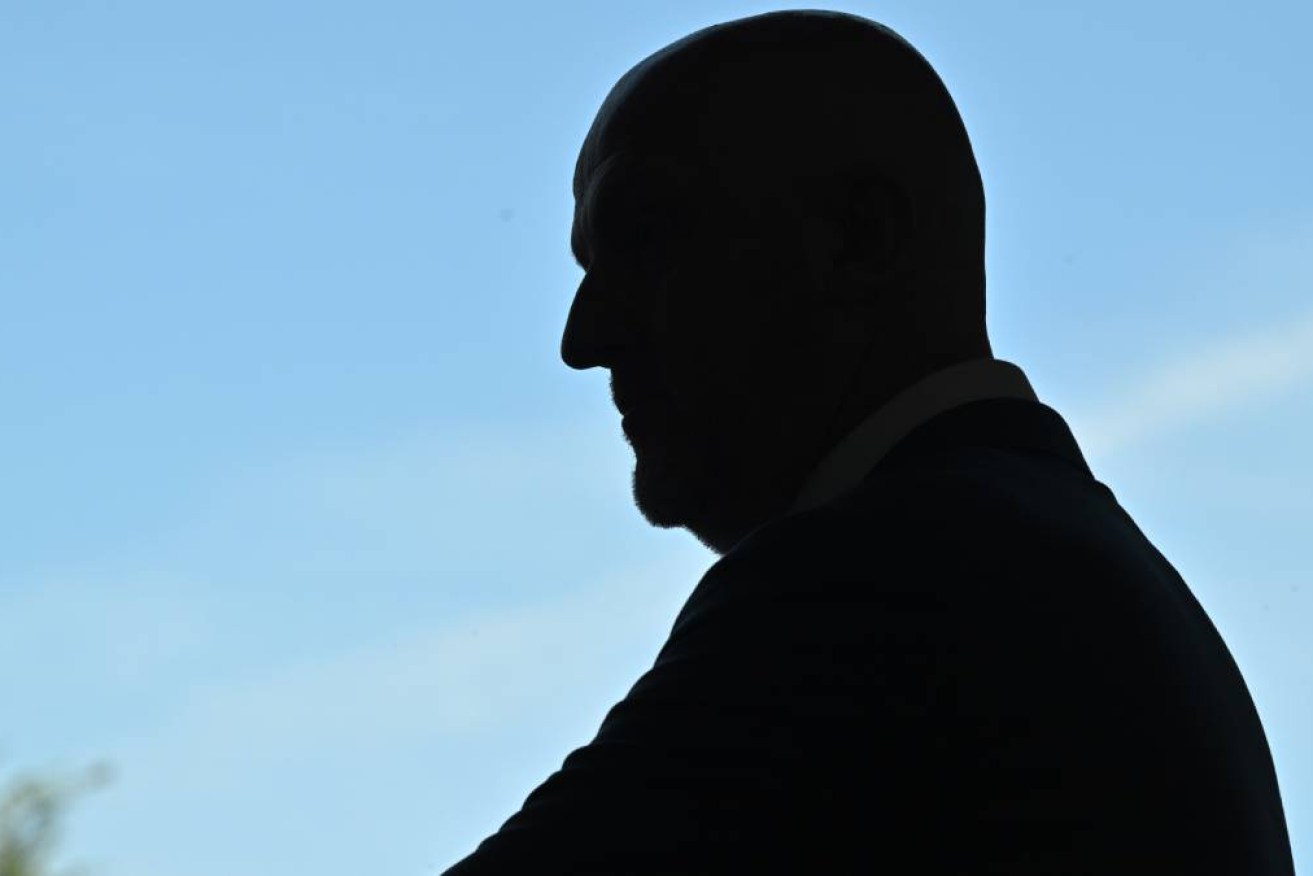
ASIO Director General Mike Burgess ahead of his annual threat assessment speech, February 28, 2024. Photo: AAP
MPs on all sides of politics have expressed reservations about retrospectively applying foreign interference laws to a former politician outed as having helped a foreign intelligence service.
ASIO director-general Mike Burgess revealed an unnamed former politician had been caught up in a spy ring and “sold out their country, party and former colleagues”.
Foreign interference laws came into effect in late 2018.
So it could be devised that the former politician was active before that time or that authorities didn’t have enough evidence to support a prosecution, international law expert Professor Don Rothwell said.
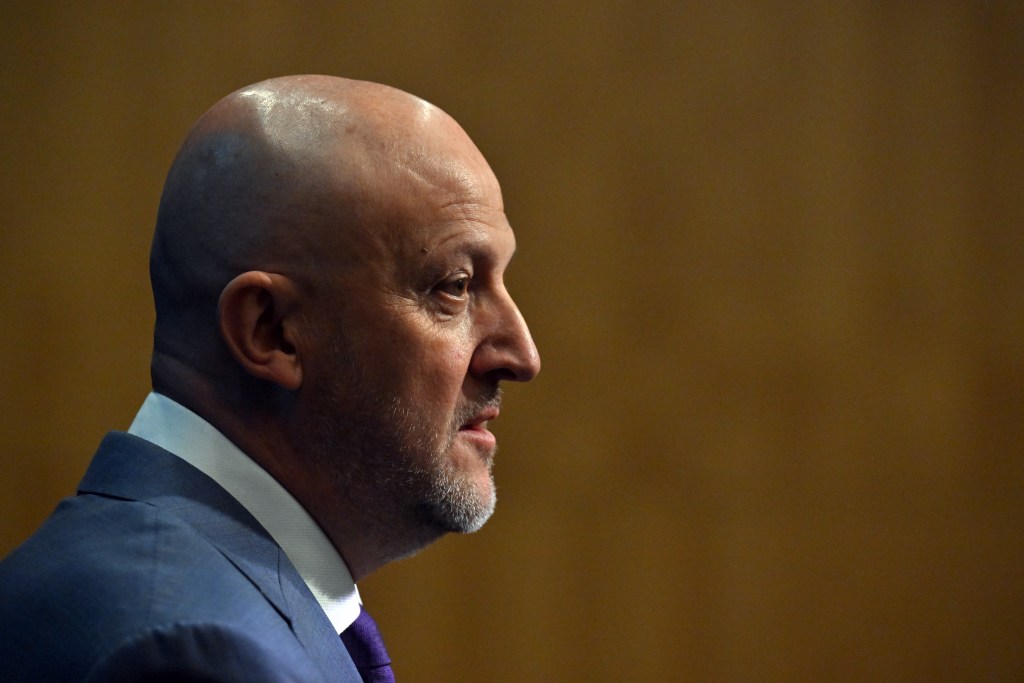
ASIO chief Mike Burgess says some individuals should be grateful spying laws are not retrospective. Photo: AAP
Multiple MPs across party lines, speaking to AAP on background on the condition of anonymity, expressed reservations about retroactively applying the 2018 law despite being outraged at the person’s conduct.
Reasons for this included it was legally dubious to retrofit laws and a person shouldn’t be targeted for following the laws of the land at that time.
The focus needed to be on the current regime and ensuring it was fit for purpose, one said.
But another wanted all levers to be used to ensure the person faced justice and didn’t get away with “betraying their country”.
“There’s a line and this crosses party politics,” they said.
Opposition Leader Peter Dutton publicly expressed support for a discussion about retrofitting the laws.
“The most egregious act is from somebody in public office who betrays their country and I wouldn’t have any tolerance for it whatsoever,” he said.
“Several individuals should be grateful the espionage and foreign interference laws are not retrospective,” Mr Burgess said.
The person wasn’t active and Australia was a rule of law country, Mr Burgess said when pressed on why the name was being kept secret.
It was also difficult to prosecute anyone under foreign interference or espionage laws, opposition defence spokesman Andrew Hastie said.
“It’s very, very difficult to seek a prosecution for foreign interference or espionage because it requires using classified material which they don’t want to get into the public domain,” he said.
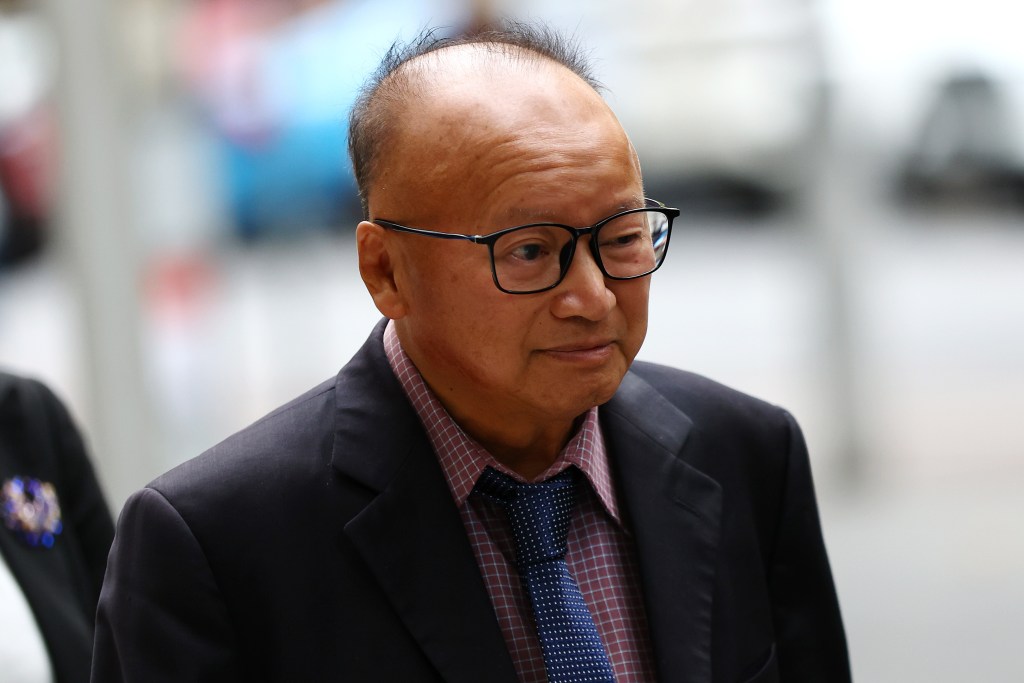
The first person found guilty under foreign interference laws was Di Sanh Duong. Photo: AAP
The first person found guilty under the 2018 foreign interference laws was former Liberal Party candidate Di Sanh Duong on Thursday.
He will spend 12 months behind bars after he cultivated a relationship with the then-federal multicultural affairs minister, Alan Tudge, on behalf of the Chinese Communist Party.
Former and current politicians have also raised concerns it tarnished the name of all politicians.
But it would be unfair to publicly name someone who hadn’t been charged, especially with the risk of defamation, opposition home affairs spokesman James Paterson said.
He also hit back at suggestions all politicians were besmirched, hinting at who the person was.
“It’s a person who led a delegation with academics to a foreign country and that they were cultivated,” he told ABC TV.
“Very, very few people who have ever led a delegation to China, it doesn’t cast an aspersion about everyone.”
—AAP
